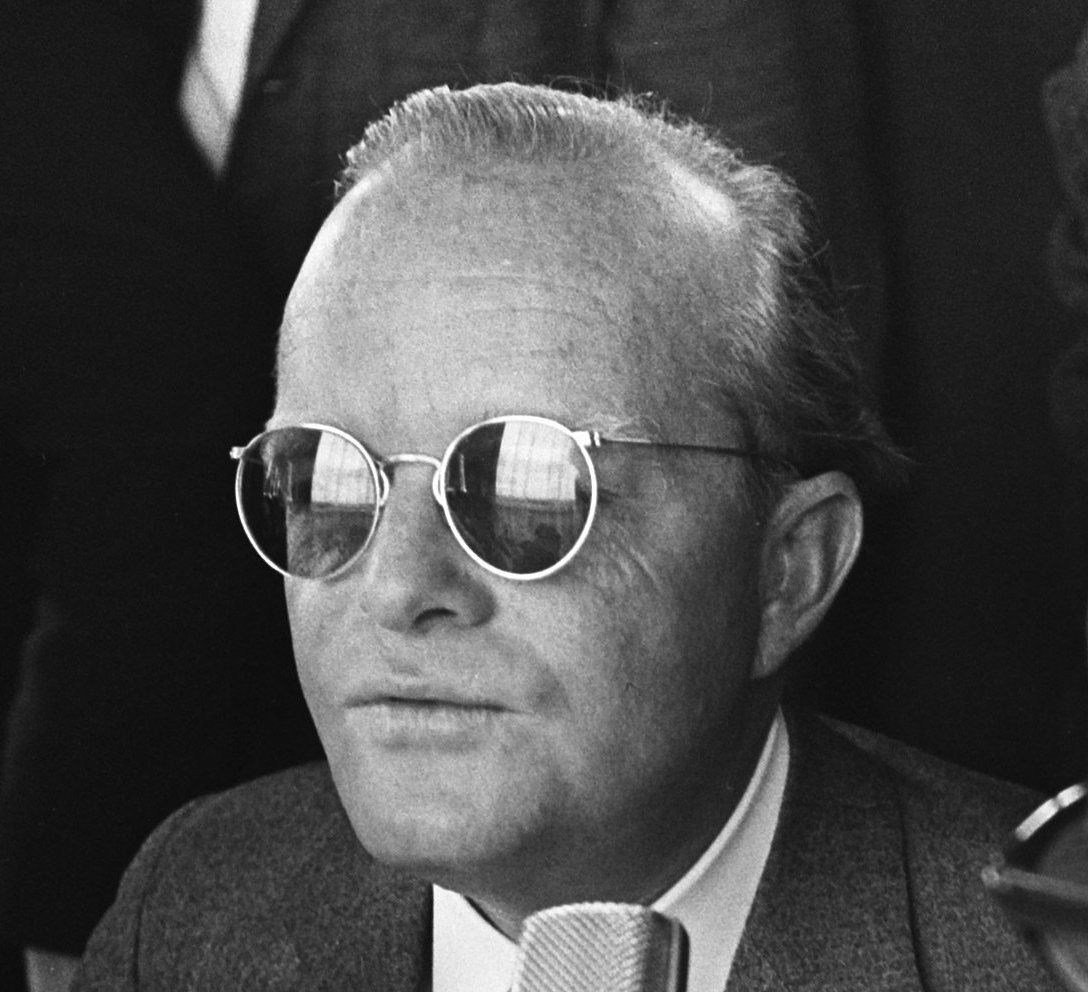
Image Credit: Eric Koch for Anefo, CC0, via Wikimedia Commons
By Saul Roth
The Clutter family murders were a series of murders that took place in Holcomb, Kansas, on November 15, 1959. The victims were Herbert Clutter, his wife, Bonnie, and their two children, Nancy and Kenyon. The murders were committed by two ex-convicts, Perry Smith and Richard Hickock.
The Clutters were a well-respected family in Holcomb. Herb Clutter was a successful farmer, Bonnie Clutter was a homemaker, and Nancy Clutter was a popular high school student. Kenyon Clutter was a 15-year-old boy who was home from school on a weekend furlough from the Kansas National Guard.
On the night of November 14, 1959, Smith and Hickock drove to Holcomb from their home in Florida. They had heard rumors that the Clutters were wealthy and that they kept a large amount of cash in their home. When they arrived at the Clutters’ house, they found that the family was asleep. They broke into the house and entered the bedrooms of the Clutters. They tied up the family and then began to torture them for information about the family’s money.
After a short time, Smith and Hickock shot and killed the Clutters. They then ransacked the house and stole a few items, including a radio, a pair of binoculars, and $40 in cash. They then fled the scene of the crime.
The bodies of the Clutters were discovered the next morning by a neighbor. The news of the murders shocked the small town of Holcomb and the rest of the country. The murders were the subject of intense media coverage, and they raised questions about the nature of evil and the possibility of redemption.
Smith and Hickock were arrested in Las Vegas, Nevada, six weeks after the murders. They were extradited back to Kansas and stood trial for the murders. Both men were found guilty and sentenced to death. They were executed on April 14, 1965.
The Clutter family murders were a tragic event that had a profound impact on the small town of Holcomb and the rest of the country. The murders were the subject of intense media coverage and they raised questions about the nature of evil and the possibility of redemption. The murders also inspired Truman Capote to write his classic non-fiction novel, In Cold Blood.

Recent Comments